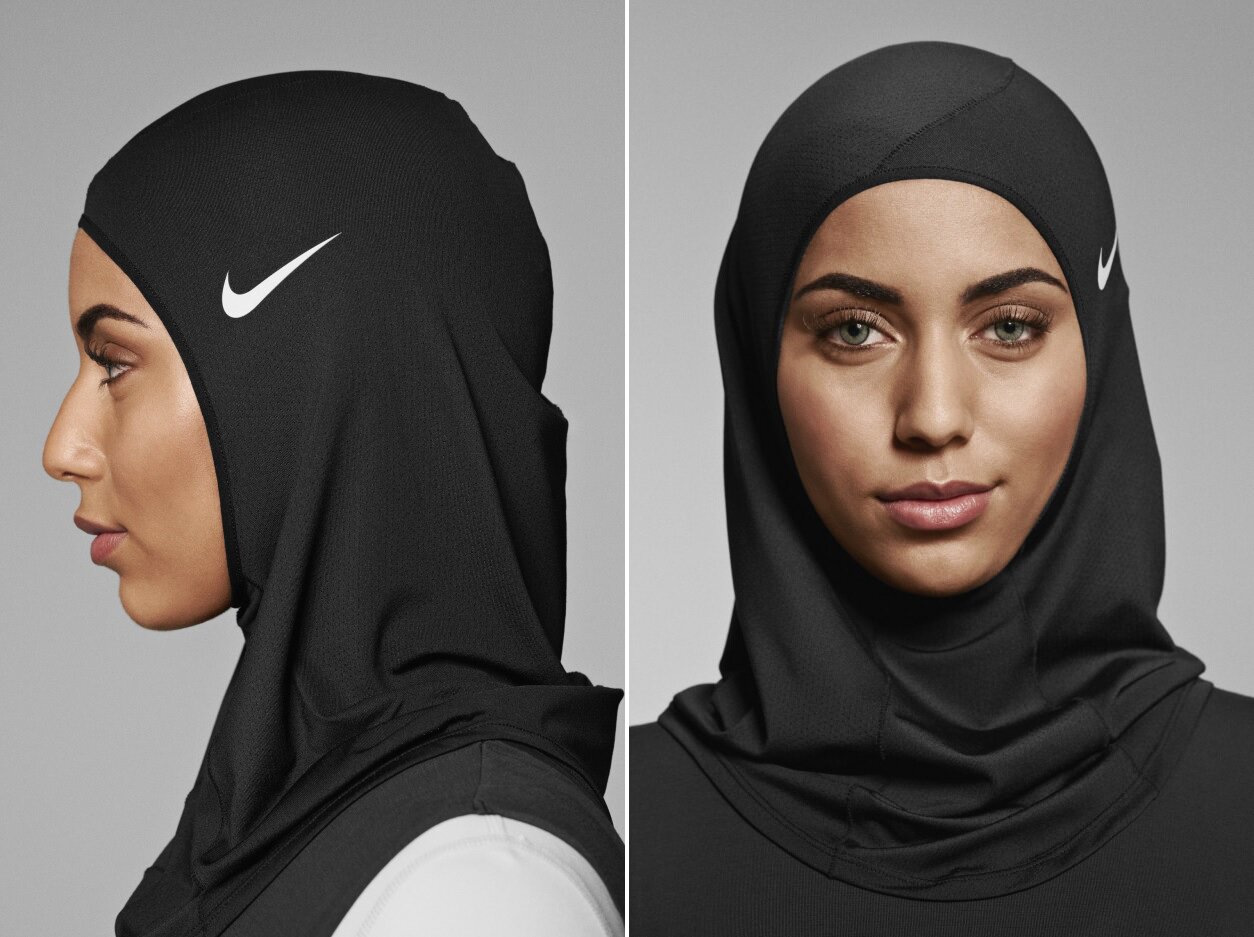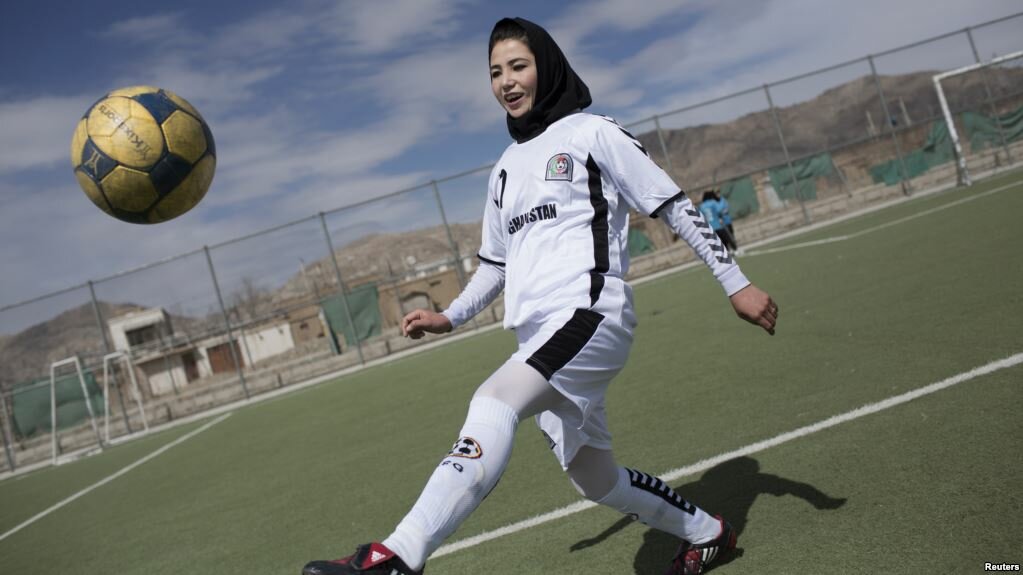Nike to Launch High-tech Hijab for Female Muslim Athletes
By VOA News
Nike will launch a hijab for female Muslim athletes early next year, becoming the first major sports apparel maker to offer a traditional Islamic head scarf designed specifically for competition, the company said on Wednesday.
The head covering, marketed under the “Pro Hijab” brand, is designed to allow athletes to observe the traditional Islamic practice of covering the head without compromising performance.
Made from a lightweight, flexible material, the hijab is expected to hit stores shelves in early 2018, Nike said in a statement.
In recent years, the hijab has become the most visible symbol of Islamic culture in the United States and Europe. Many Muslim women cover their heads in public with the hijab as a sign of modesty, but some critics see it as a sign of female oppression.
With sensitivities over immigration and the perceived threat of Muslim extremism running high, the head scarf has led to attacks against Muslim women. At the same time, the hijab has evolved in a symbol of diversity that Nike has embraced.
The Women’s March on Washington, held the day after President Donald Trump’s inauguration, used the face of a woman wearing a hijab in an American flag pattern as its promotional image.
Muslim athletes visiting Nike’s headquarters in Beaverton, Oregon, just outside of Portland, have complained about the difficulties of wearing a hijab while competing, according to the company.
The company consulted with Muslim women athletes from around the world, including Middle Eastern runners and cyclists, in the designing the hijab.
Other companies have also set their sights on hijab sales to Muslim athletes.
Last year, Danish sportswear company Hummel unveiled a soccer jersey with an attached hijab for the Afghanistan national women’s soccer team.
Non-professional women Muslim athletes have used athletic hijabs made by smaller companies.
But Nike’s annual net sales in the billions and its reach in popular culture can do more to bring Muslim athletes into the fold, said Amna Al Haddad, a Nike sponsored weightlifter from the United Arab Emirates who consulted on “Pro Hijab.”
“[It will] encourage a whole new generation to pursue sports without feeling there is a limitation because of modesty or dress-code,” Haddad said.






